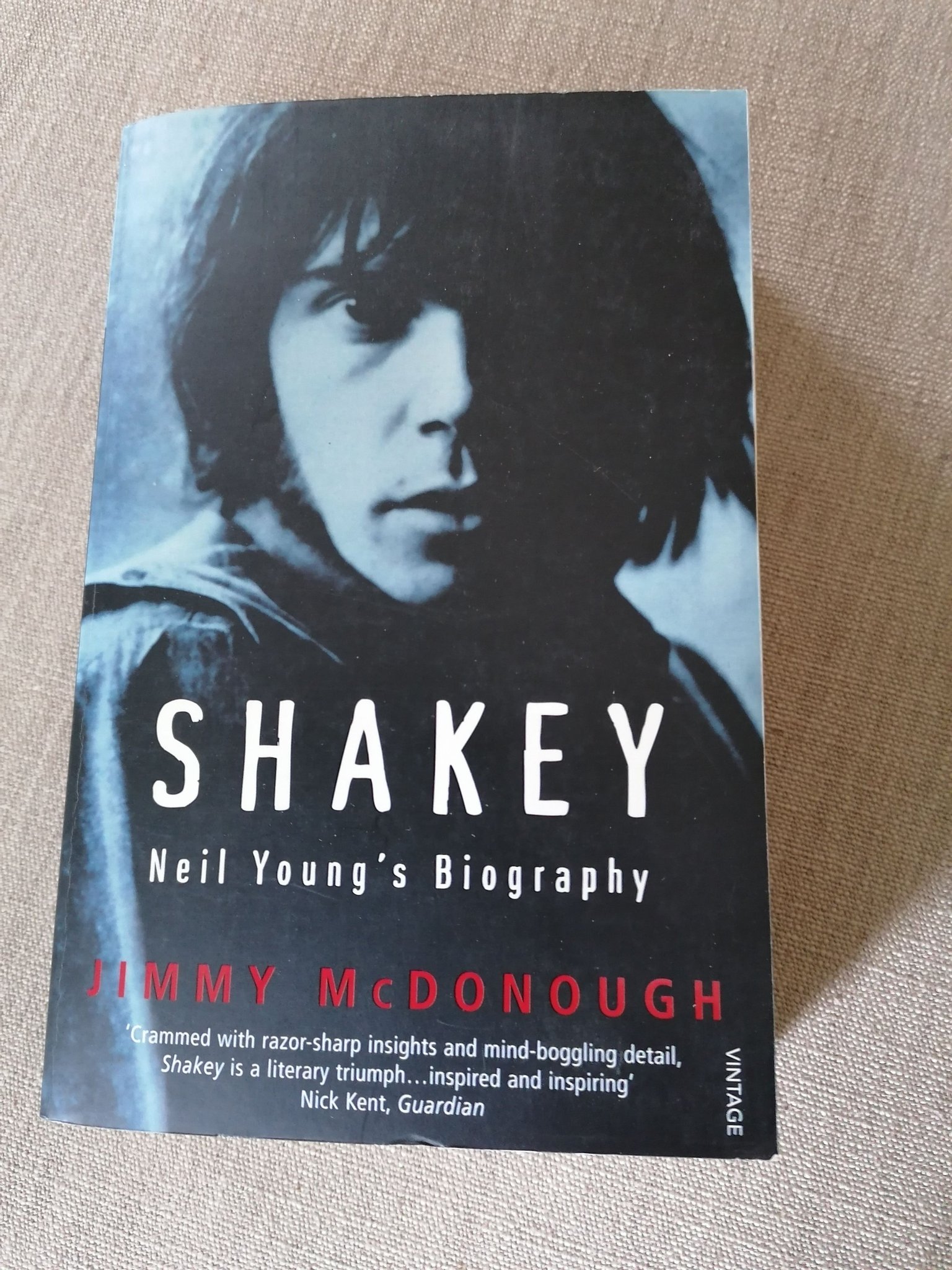

Still, once you filter out all the dreck, what Young’s story offers for even the agnostic reader is a riveting case study of the cost of long-running artistic vitality and, in McDonough’s telling, a sustained consideration of the irreducible tensions between critic and fan. (Young’s most committed admirers are almost invariably male peruse any Neil Young fan gathering or Web site and you’ll find a world that is virtually devoid of women.) And for women of a certain age, the antics of the perpetually partying musician and his friends may present a picture of an arrogant hippie loutishness they’d rather not contemplate. McDonough is a fierce proponent of Young’s loudest, roughest, most abrasive experiments in music. 1 album, “Harvest” (1972), won’t find much comfort in “Shakey” either. (It probably won’t help that the reliably perverse Young has been a staunch Reagan supporter and proponent of the death penalty, as well as a devoted husband and a stalwart parent to three kids, two of whom were born with cerebral palsy.)Ĭasual fans of Young’s “mellow” hits, such as his only No. The book lovingly documents decades of shameless, unrepentant drug use, drinking, debauchery and rampant egotism. (Willie Nelson: “He’s more than a writer, more than a singer, he’s an entertainer.”) “Shakey” is cliche-ridden (“I wanted to find out what made him tick”) yet hugely original, a paradoxically compromised “authorized” biography that manages to serve up an astonishing amount of dirt on its subject.įor culture warriors who hate the ‘60s, “Shakey” (Young has adopted the joke name Bernard Shakey for his generally horrible work as a movie director) will be a house of horrors that confirms their worst suspicions about the Pied Pipers of the counterculture. The book is picayune, tedious, annoying and exhausting, part endless biopic and part clip job-a bulging portmanteau of solid biographical writing, jousting conversations between Young and the author, rock-press scrapbook fragments, music criticism of wildly uneven quality and inane celebrity testimonials. For someone like me, who loves Neil Young’s music with a deep and abiding passion-for someone who shares the dream-Jimmy McDonough’s fat, teeming, obsessive and revelatory biography of Young is a pure shot of all-access pleasure.Įven for a fan, however, reading “Shakey” is something of a trial. Writing about musical passions can put a similar strain on the patience of your audience.

But everybody knows what happens when you try to communicate those dreams to someone else. Like dreams, our musical enthusiasms color, reflect, organize and enchant our lives.


 0 kommentar(er)
0 kommentar(er)
